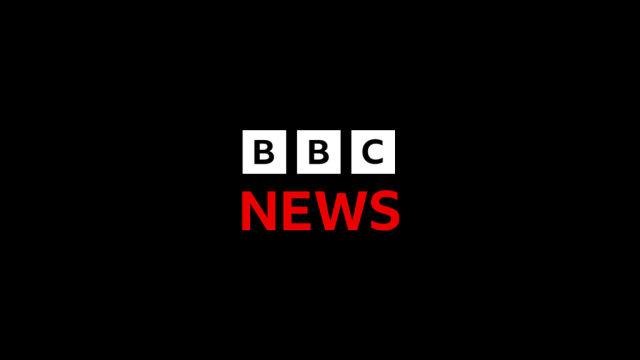The British Broadcasting Corporation (BBC) has recently made a significant announcement that has garnered attention in both international and regional contexts. On Wednesday, the BBC revealed its plan to establish a special radio channel dedicated to providing essential services to the residents of Gaza, an area that has been embroiled in conflict for many years.
According to an official statement released by the BBC, this new radio frequency will serve as a lifeline for the people of Gaza, offering them up-to-date information on the ongoing conflict, safety guidance, and critical information regarding shelter, food, and water resources. The decision to launch this channel comes at a time when the people of Gaza are facing their greatest need for reliable and timely information.
This is why people don’t move from the north. Nowhere is safe. And if they stay doesn’t make them legitimate targets. Killing 50+ civilians in Jabalia camp for 1 Hamas commander leaves me cold. Do laws of war permit this? Even if yes this feel so wrong. https://t.co/FtMMArNa8O
— Layla Moran 🔶 (@LaylaMoran) November 1, 2023
BBC World Service Director Liliane Landor expressed the importance of this initiative, stating, "BBC News in Arabic has a great opportunity to offer this vital service for the people of Gaza at a time of greatest need." The channel will be produced jointly in Cairo and London, showcasing the BBC's commitment to delivering accurate and reliable information to the region. It is set to begin broadcasting a single program on November 3rd, followed by daily broadcasts starting November 10th.
Notably, this is not the first time that the BBC has extended such support to the residents of Gaza. During the Israeli Defense Forces' ground operation in 2014, the BBC opened an emergency wave to provide essential information and updates to the local population.
However, the announcement also comes against the backdrop of growing criticism within Israel regarding the BBC's editorial stance. One key point of contention is the BBC's refusal to label Hamas, the Palestinian organization that governs Gaza, as a "terrorist organization." Additionally, critics argue that the channel often broadcasts extreme and anti-Israeli viewpoints, including the omission of crucial context in reports on the Gaza conflict and the uncritical acceptance of Hamas reports.
President Isaac Herzog of Israel was recently interviewed by the BBC, but the British channel chose not to air a segment of the interview in which Herzog criticized the channel's ideological stance. In the unaired segment, Herzog voiced his concerns, stating, "There is a real culture of committing atrocities with entire armies, such as ISIS, Hamas, and Al-Qaeda. We witnessed it on September 11, we see it in beheadings, torture, and the actions of the Houthi rebels in Yemen. This is a pervasive issue in our region, and we must confront it."
Herzog went on to highlight Israel's willingness to agree to numerous cease-fires in the Gaza Strip, only to witness a surge in violence. He emphasized the gravity of the situation, saying, "The highest number of Jewish casualties since World War II, since the Holocaust, occurred on October 7, with eight times the number of deaths compared to September 11."
BBC World Service announces an Emergency Radio Service for Gaza.
— Megha Mohan (@meghamohan) November 1, 2023
Gaza Daily will provide listeners in Gaza with the latest information and developments as well as safety advice on where to access shelter, food and water supplies.https://t.co/NJP0VleuyM
When asked about the amount of aid Israel would allow into the Gaza Strip, considering the UN's characterization of the current aid as a "trickle down," President Herzog responded firmly. He stated, First of all, I'm not sure they are the only objective element in this area. Some of the positions of the UN also led to this situation. Their indifference to the pain of Israelis who are endlessly murdered in terrorist attacks is unacceptable and unforgivable."


